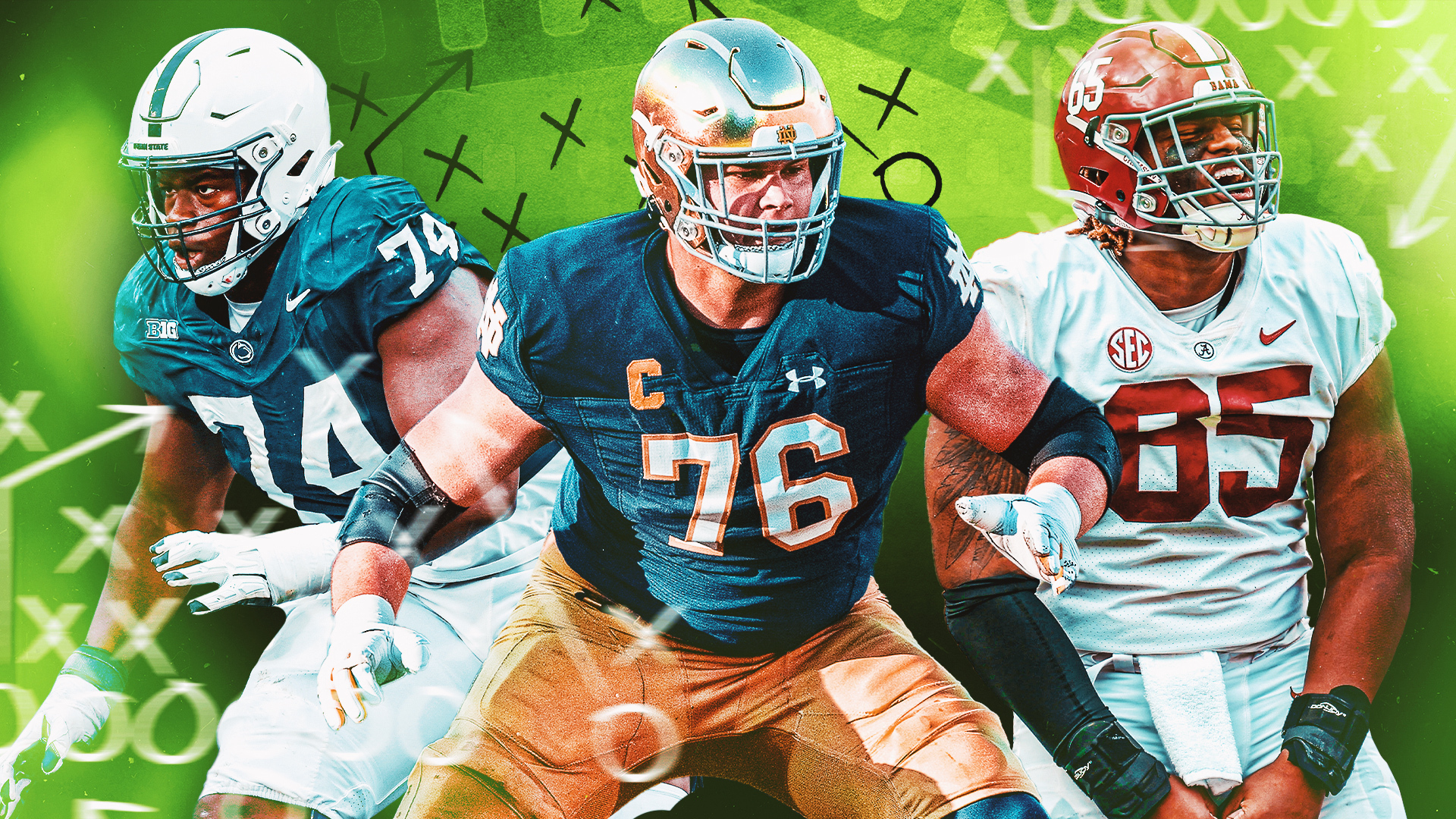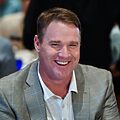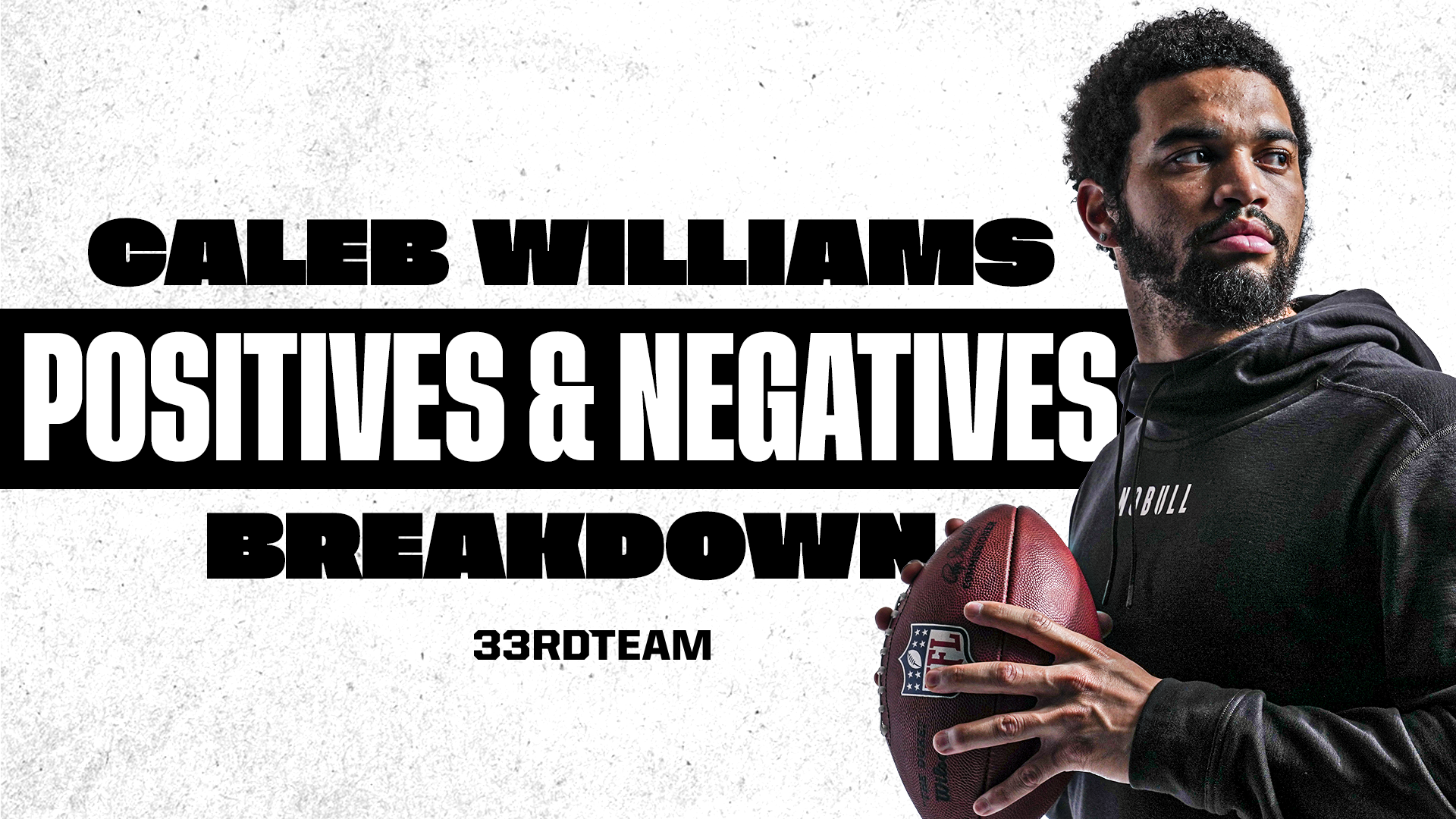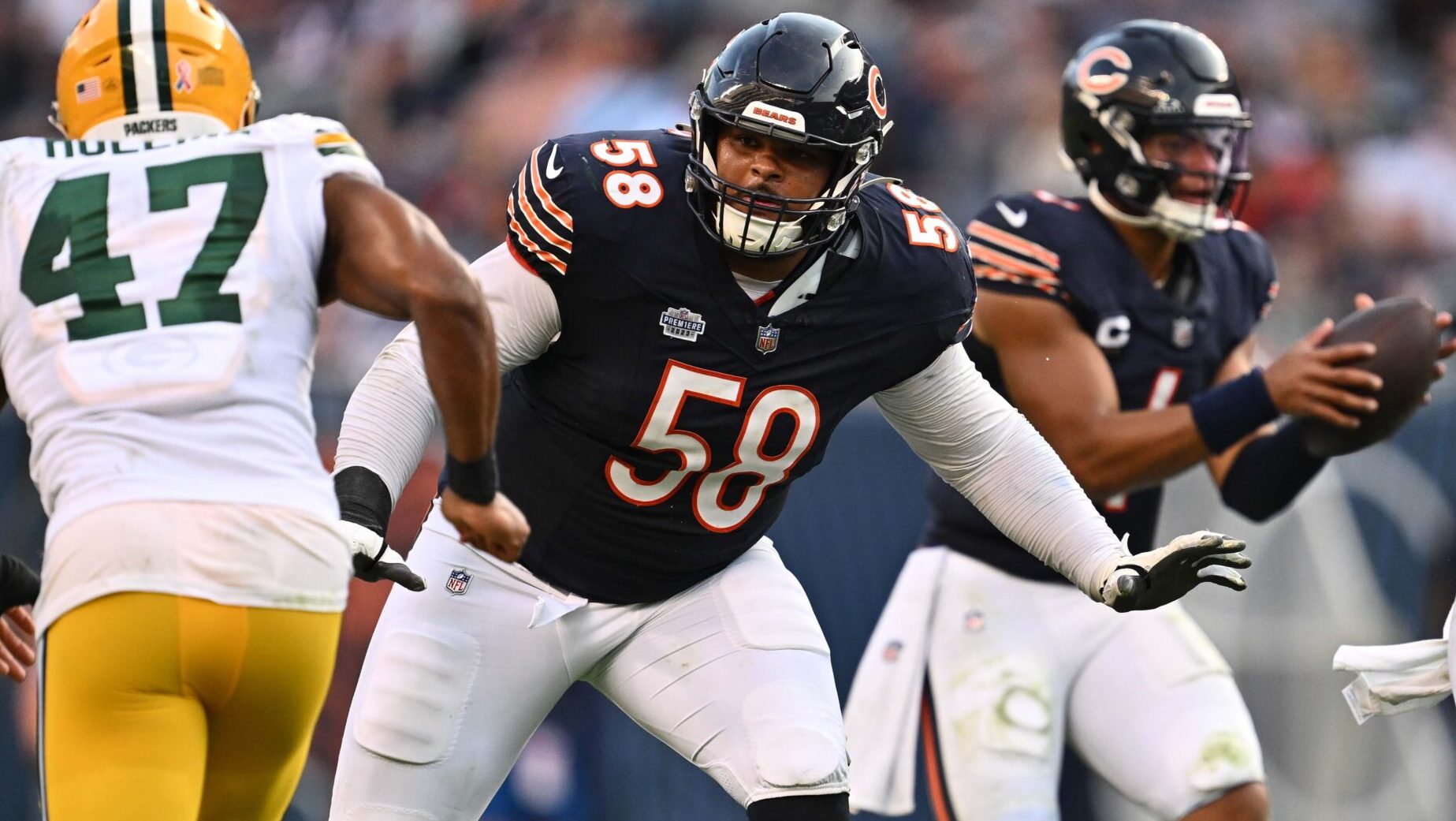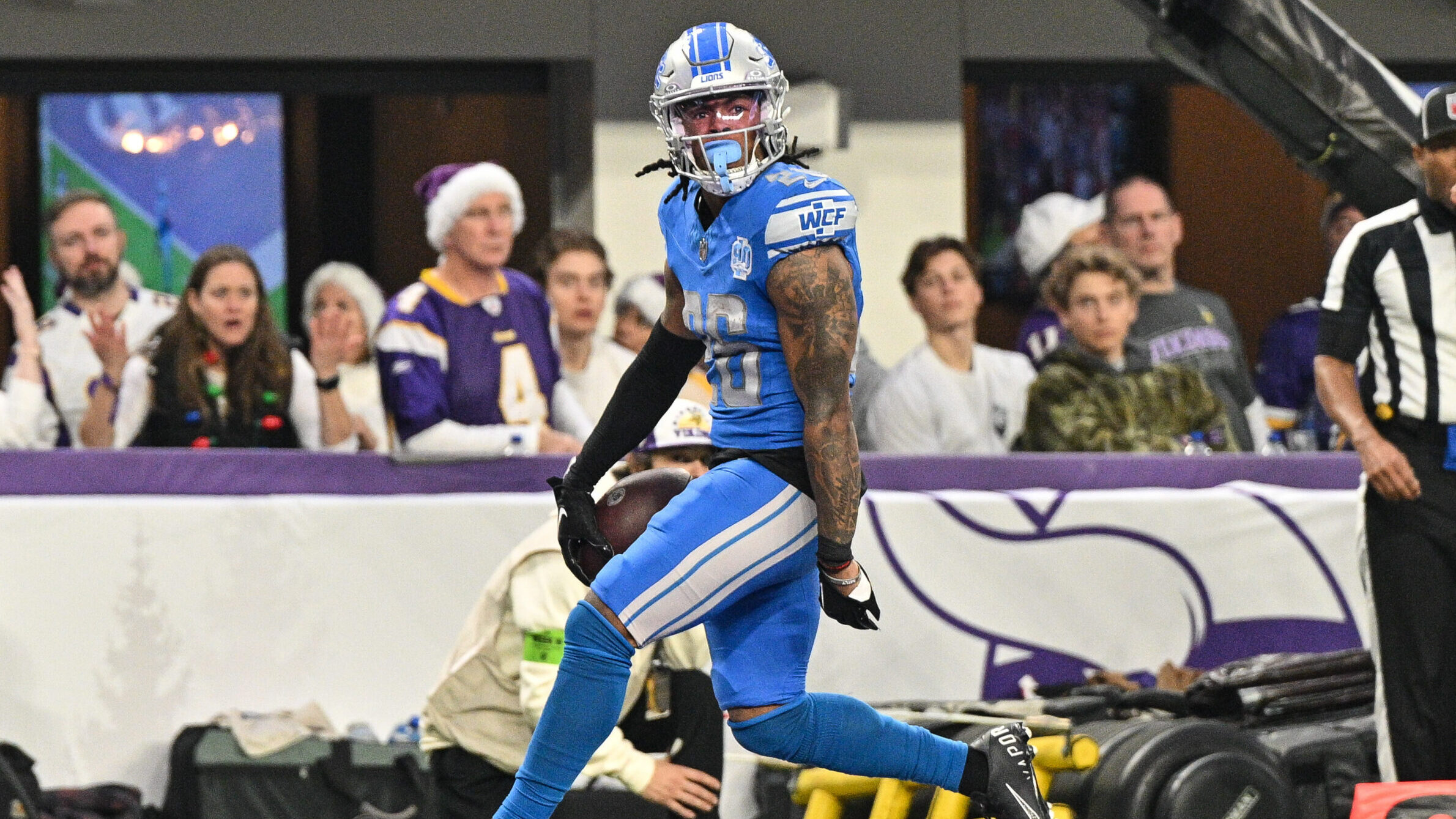Analysis
3/11/21
6 min min read
New Era of Player Empowerment Continues to Grow
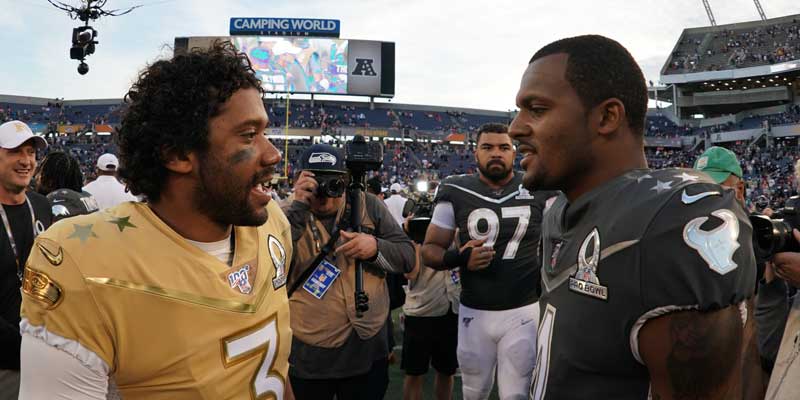
“Quarterback carousel” is no longer an appropriate visual for the personnel changes taking place in today’s NFL. It’s more of a QB rollercoaster, with the car slowly making its way to the top – and about to go careening downhill at a breakneck pace.
True free agency came to the NFL almost 30 years ago. There have been more trades in the last two decades than there used to be. Even if the likes of Deshaun Watson and Russell Wilson are not with new teams in 2021, the groundwork has been laid for a new era in player movement. Much like what has already been happening in the NBA, players are taking matters into their own hands.
“I think we’re on the complete precipice of the NFL going through this tectonic change,” Mike Tannenbaum said recently on The Peter King Podcast. “We are seeing … player-led changes while under contract, which we have never seen before.”
The first big move of this offseason wasn’t contentious at all, as the Detroit Lions granted Matthew Stafford’s wishes to move on and they traded him to the Rams. The Deshaun Watson situation, on the other hand, is entirely contentious, as he has been clearly unhappy with the Houston Texans organization and demanded a trade.
Seahawks quarterback Russell Wilson hasn’t demanded a trade, but the seeds were planted when his agent released a list of four teams to which Wilson would be willing to be traded.
If Watson and/or Wilson were to be traded, the compensation would be huge – but not as big as the shift it would create in players’ perception that they can call the shots.
“We’ve been on a trajectory now for a number of years of players understanding their leverage and gradually using more and more of it,” said former Eagles team president Joe Banner. “Star quarterbacks starting to force moves while under long-term contract agreements is obviously a major escalation of all of that. And I feel it’s going to keep happening. The number of players that feel empowered to change their circumstance they’re not happy with will only grow.”
The quarterbacks are taking center stage, but it was actually defensive players who got this trend started. After holding out in preseason before the 2018 season, linebacker Khalil Mack was traded from the Raiders to the Bears. A year later, cornerback Jalen Ramsey played his way out of Jacksonville, inactive for three weeks before getting traded to the Rams.
Ramsey’s agent, Jack Mulugheta, is also Watson’s agent, so there’s history here. The NFL has always been a copycat league, but it’s not just coaches and teams copying what works. Players and agents will be following suit as well. They won’t only be following what happened with Mack and Ramsey; they can also look to the NBA to see how players have new leverage.
Bobby Marks, ESPN’s NBA front-office insider and former assistant GM of the Brooklyn Nets, has seen it for years. He said it usually happens after players are onto their second contract.
Said Marks: “What happens around year two or three of that contract, they say, ‘You know what, the front office hasn’t done enough for me. I see Joe Smith, who plays in New York or plays in L.A. or plays in Brooklyn, has a good team. And I want that. I want to be a part of that.’
“And then organizations are faced with a decision. Usually, I say that when a player has two years left on his contract and he starts to look to ask out, that’s usually when you can maximize the most value in return.”
Maximizing trade value is one thing, but NFL teams historically do not like change.
“If all (Watson) has to do is sit there in February and complain to the press, or have the agent do that, then team continuity or predictability is completely out the window,” said Banner.
On the other hand, the 2020 season – with no preseason games and 43-year-old Tom Brady changing teams -- somewhat debunked the myth that it takes time for players to adapt to new situations.
“We had teams with continuity look like crap, we had teams with no continuity look really good from day one,” said Banner. “Probably the team with the most change in the offseason and no practices won the Super Bowl. So I think we’ve been moving in that direction, and the events of the past year accelerated that.”
That said, NFL insiders think it behooves the Texans to find a way to keep Watson – both for the sake of the team and to slow the trend of player-led movement.
“If Deshaun Watson, with five years to go (on his contract), in the prime of his career, switches teams, that is truly historic,” said Tannenbaum. “When you talk to people around the league, that is what is so scary.”
Tannenbaum’s suggestion to new Texans GM Nick Caserio is to do whatever he can to make Watson happy and keep him in Houston.
“Deshaun, why are you so aggrieved? And more importantly, how can we fix it? Because you are the most important person in the Houston Texans franchise,” said Tannenbaum. “It’s not the head coach, it’ not the GM, it; not me. It’s you, and we’re gonna work really hard to fix it.”
Time will tell if it’s not too late to fix the issues between Watson and the Texans — or the issues with Wilson and the Seahawks, for that matter. But the moral of these stories might be educational for NFL franchises going forward.
It’s clear teams need to be more conscious about involving their star players in key decisions — whether that’s hiring a new coach, targeting free agents or choosing what snacks are available in the locker room.
“Really, really paying attention to player relations in the organization – with the owner, with the head coach, with everything,” said Banner. “Kind of turning over major decision-making to them is something smart teams have already started doing.“
Marks, who has seen this work in the NBA, agrees.
“Let these players feel like they’re part of the decision-making process,” said Marks. “Make them feel they are empowered – not the final decision-maker on the draft or personnel, but make them feel like the names are coming past them and they have somewhat of a say.”
That’s the reason Damian Lillard has never asked out of Portland, Marks noted. Lillard is one of the NBA’s elite players, but the Trailblazers are not a championship-caliber team.
“They’ve made him part of the decision making,” said Marks. “When they went through free agency in the offseason, (general manager) Neil Olshey ran names by him and kind of got his input. You have to get away from this old-school approach …You have to make the player feel part of the process. That’s all they want.”
Tannenbaum explained on The Peter King Podcast how he included Chad Pennington in a head coach search with the Jets and then did the same with Ryan Tannehill with the Dolphins.
“In a very appropriate way, very quietly, we had then meet with some of the head coaching candidates,” said Tannenbaum. “We told those quarterbacks, ‘You’re not making the decision, but we’d love your feedback.’”
Watson has made it clear that he was not asked by Texans CEO Cal McNair or anyone else in the team’s front office for his feedback.
“There’s a time and a way to honor an important relationship, which I think Cal McNair obviously could have done,” said Tannenbaum. “But with that said, it’s really hard for me to believe that it could go off the rails that quickly and that dramatically. If I’m Cal McNair, I have to fix it.”
Of course, regardless of the relationship between player and team, the fact remains that players understanding they have more leverage than ever.
“They’ve realized, ‘There’s no greater threat than withholding my services. So I actually have leverage any time I want to use it,’” said Banner. “And that’s really the core of the change. Players and agents, and even the Players Association, for too long, didn’t realize the leverage that withholding services gave them. Now
they do, and more and more of them are willing to use it.”
This trend may not blow up overnight, but it could accelerate at a much greater rate if Watson and/or Wilson manage to get moved. And then teams are going to have to account for these possibilities.
“It is going to affect how teams manage themselves, how they plan for the future,” said Banner.
Aside from any teams that might be trying to acquire Watson or Wilson, most teams are probably rooting for Houston and Seattle to stand their ground.
“This is going to be a real team-by-team thing,” said Banner. “Because some teams are going to think, ‘Listen, I’ve just got to control this guy’s rights. If there’s a problem during the contract, we’ll deal with it. But this guy is so good and so important, we’ve got to do a long-term deal.”
It’s still a risk. The Texans can stand their ground and Watson decides to hold out. But if they grant Watson his request, they develop an unwanted reputation.
“You definitely don’t want to be in the category that agents think, ‘Hey, we can force the team to do whatever we want,” said Banner.


